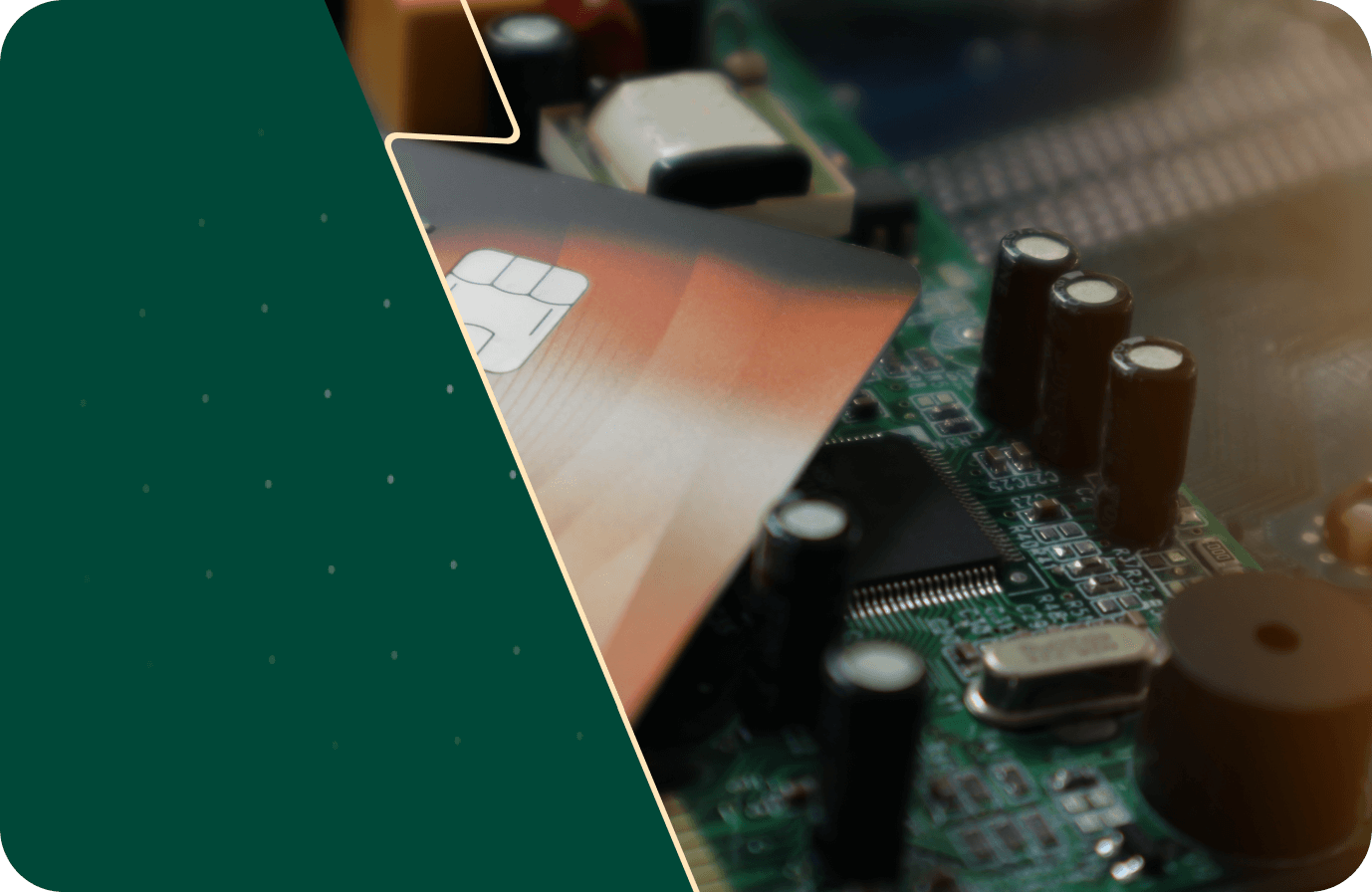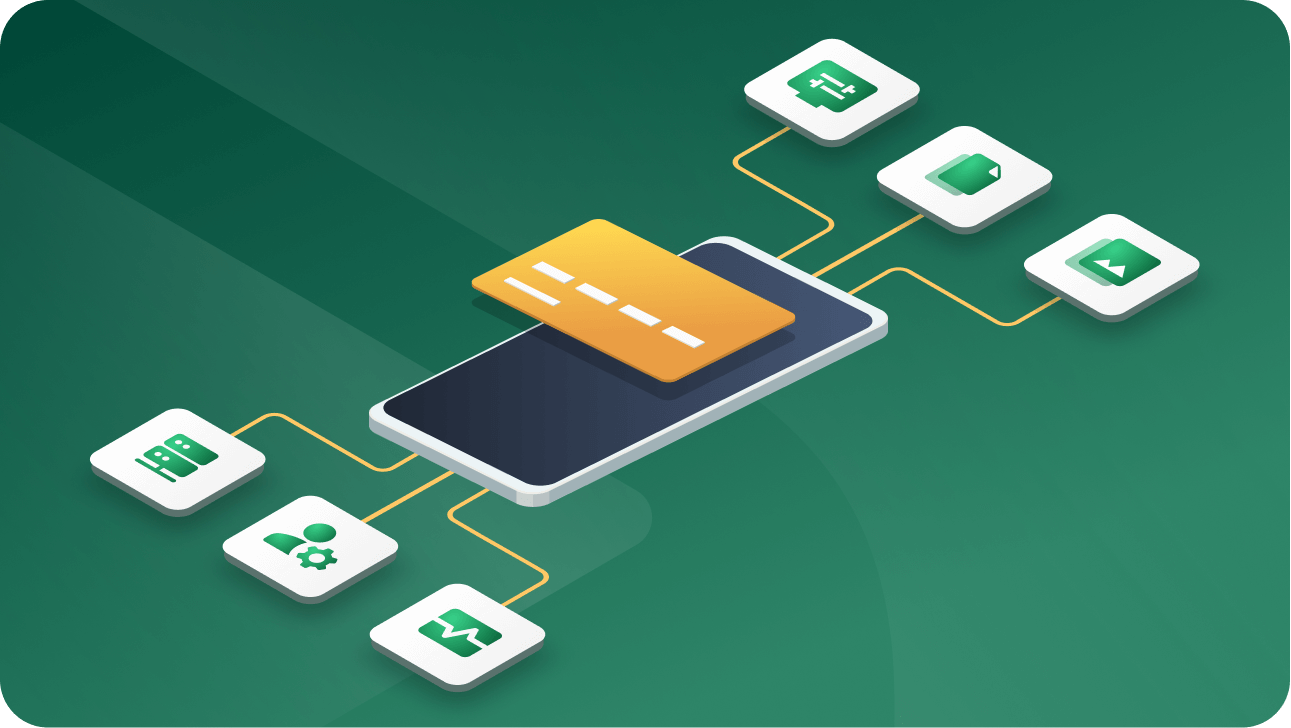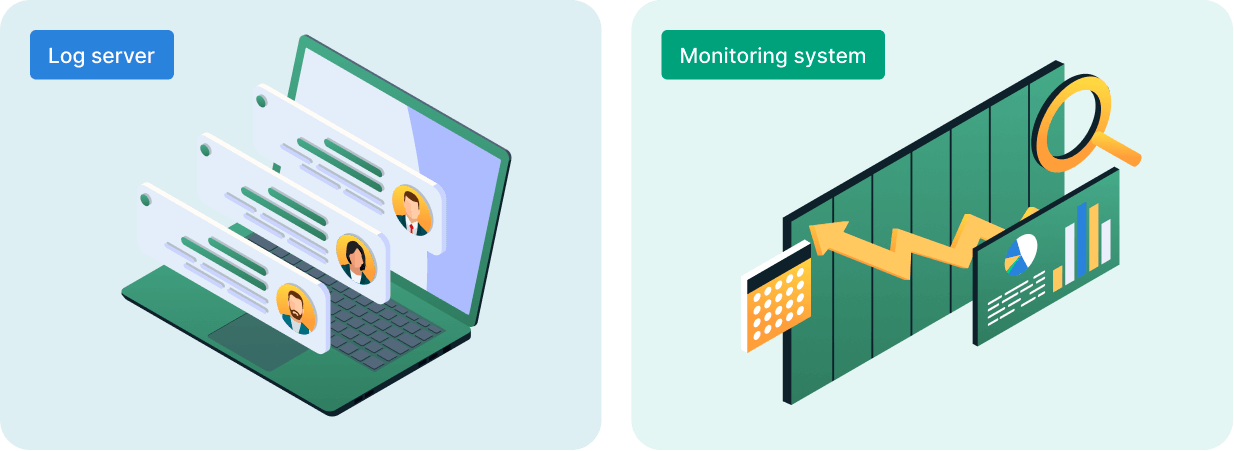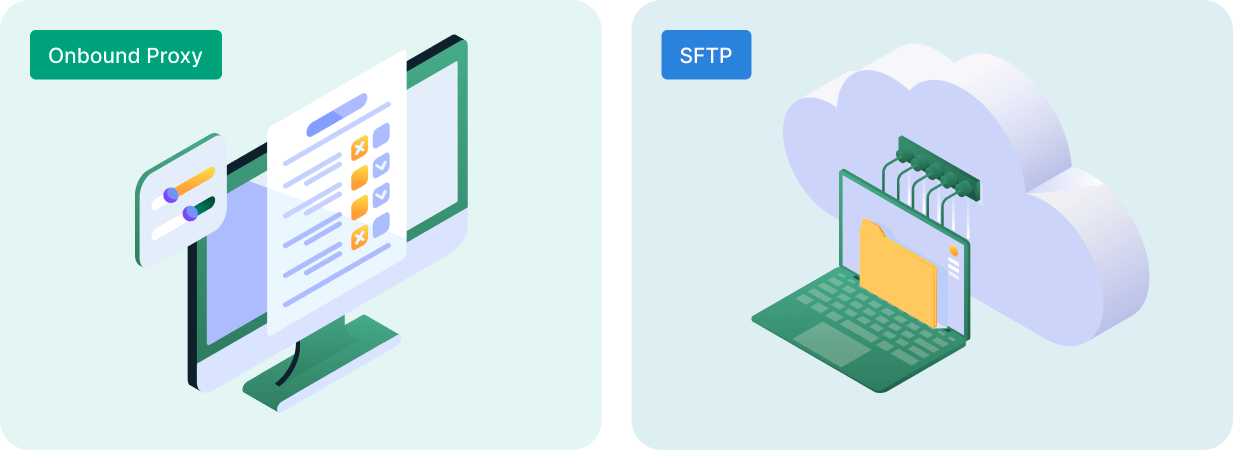Payment Processing Software Infrastructure Components for Acquirers and PSPs
30 May, 2023 5 min read

- What are the payment processing infrastructure capabilities?
- Key components of payment processing infrastructure
- How can Boxopay help?
- The bottom line
Table of contents:
When it comes to building the infrastructure for the payment processing business, acquirers and PSPs have a lot of work to do. To provide a full range of payment services and uninterrupted operation, you need a large number of different payment processing infrastructure components. Moreover, you must solve a lot of organizational issues and properly configure all the components. To build a controllable infrastructure, SaaS services may not be enough. Only on-premise solutions will be reliable and fully cover all your business needs. But to build a fully working system, you need to understand what types of hardware you will need. In this article, we analyze what types of сomponents of the ID infrastructure are necessary to build an acquiring service business.
What are the payment processing infrastructure capabilities?
First, let’s understand what payment processing software infrastructure is and what functions it is responsible for. To build a successful business, acquirers need servers, database management systems, and a number of other components. We will list them in more detail below, but for now, let’s focus on the key functions. The payment processing infrastructure capabilities are as follows:
- Receiving and processing transactions seamlessly;
- Data storage;
- Processing customer data;
- Ensuring payment security and safety;
- Risk protection, such as data backup.
Key components of payment processing infrastructure
All in all, to build a viable acquiring business you need several major categories of hardware and software solutions, including servers, security and data backup tools, etc. Let’s take a look at each main component.
What payment processing infrastructure do acquirers and PSPs need?
- Console server
Every system needs a console server that will authenticate and control all the other payment processing equipment. In fact, the console server is the gateway to the rest of the system. It is the only way to get to the database, logs, and other infrastructure.
- DNS/account control
This is an integrated security information management solution that provides control and management of all accounts in the system. It allows the separation of users into different authorization levels as well as host-based access control.
- System repository
This internal hardware of payment processing devices is responsible for storing and deploying packages with third-party software. PCI DSS rules forbid operating systems to install packages from the internet. Therefore the system repository takes on this part of the job.
- Database management tools
This hardware is responsible for data storage. In particular, it stores card data necessary for the work of applications. This category of hardware includes:
- DBMS master
- DBMS slave
- ProxySQL
- Log server
This part of the infrastructure stores all the debugging information, as well as all the logs of applications in general. This component is responsible for collecting, storing, and displaying logging data.
- Monitoring system
It is a useful tool for system administrators to avoid checking all logs manually. Instead, the monitoring system will regularly check everything for anomalies and errors. If detected, it will automatically alert administrators that something in your hardware is wrong.
- Application servers
These are the servers where the application runs. Typically, the system consists of two APP nodes and an APP controller. These are responsible for all the actions on the application.
- Balancer
This is a web server that accepts requests from clients. The balancer is responsible for distributing requests in order to divide the load between the main and the standby processing hardware.
- Docker repository
This is a repository where developers push images of new versions of applications. During deployment, this is also the place where the administrator gets images to install them.
- Outbound proxy
According to PCI DSS requirements, applications cannot directly connect to external resources. For this purpose, there is a separate proxy with a preconfigured white list that filters all outbound requests.
- SFTP
This is a file server where various files are stored. As a rule, there are two SFTPs for internal and external exchange. The first one is for internal file exchange between the applications, the second one is for the users. Internal SFTP does not have network access for better security.
How can Boxopay help?
As we noted at the beginning, the above list of hardware is needed to build a reliable, fast, and feature-rich on-premises system. Only then can you be 100% sure that it will fully meet your vision and business needs. However, for such an important undertaking, you will always need a partner to help you understand all the technical aspects. Boxopay, for example, besides providing a white-label payment gateway solution also offers an infrastructure setup service.
As part of the infrastructure setup service, we will carry out the full range of work in selecting and setting up modern payment processing infrastructure.
- Analysis of your business needs and selection of all necessary equipment. Our experts will advise you on the best payment processing hardware options.
- Once the processing hardware arrives, we will set it up for you. We will provide virtualization management setup and system software configuration (front reverse proxy, load balancer, WAF, QOS, etc).
- We will also perform a range of security measures, such as firewall and network configuration, as well as prepare the credit card processing hardware for PCI DSS Level 1 certification.
- In addition, we will provide you with all the necessary infrastructure for backups.
Read also: What are ISO and MSP?
Contact our top experts
to pick products and services that fit your business needs
Schedule a meeting
The bottom line
So now you know what payment processing infrastructure you need to build a full-fledged acquiring business. In fact, you need to build the entire infrastructure from scratch so that everything runs quickly and smoothly, which is especially important in acquiring. However, you don’t have to go that way yourself. You can always turn to a reliable technology partner who will take care of the selection and configuration of all the equipment. After that, all you have to do is deal with the software and your project is almost ready.


